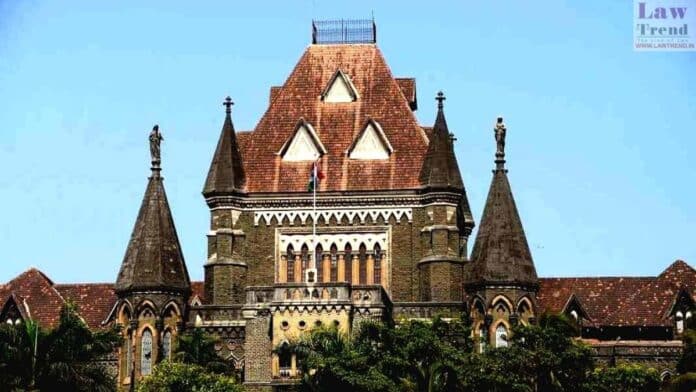The Bombay High Court has declared that the use of loudspeakers is not an essential part of any religion and has directed law enforcement to take stringent action against violations of noise pollution norms. This ruling came from a division bench comprising Justices A S Gadkari and S C Chandak in response to a petition concerning noise pollution in suburban Kurla.
The petition, filed by Jaago Nehru Nagar Residents Welfare Association and Shivsrushti Co-operative Housing Societies Association Ltd, highlighted police inaction against the loudspeakers installed on masjids which were allegedly disrupting the peace of the locality. The complainants argued that this not only disturbed the community but also contravened the Noise Pollution (Regulation and Control) Rules, 2000, and the Environment (Protection) Act, 1986.
Justice Gadkari and Justice Chandak emphasized the health hazards associated with noise pollution, stating, “Noise is a major health hazard and no one can claim that their rights are affected if denied the use of loudspeakers.” They reiterated that such permissions should not be granted as they do not infringe upon constitutional rights under Articles 19 or 25.
The court has instructed the state government to mandate religious institutions to implement mechanisms that control noise levels, including calibrated sound systems with auto-decibel limits. It stressed the state’s duty to enforce the law diligently and not to stand as “meek or silent spectators” to violations.
In its judgment, the court also addressed the need for anonymity in complaints against loudspeaker use to protect individuals from potential harassment. It directed the police to act on complaints without requiring the identification of the complainant to avoid hostility and resentment.
Furthermore, the court has suggested the state consider issuing directives for the calibration and auto-fixation of decibel limits for loudspeakers and other sound-emitting gadgets used in places of worship, applicable to all religions.
The bench also instructed the Mumbai Police Commissioner to ensure that all police stations respond promptly to complaints regarding loudspeakers at religious sites. It noted that people often tolerate noise until it becomes unbearable and turns into a nuisance.
Highlighting the legal limits on noise, the court reminded that ambient noise levels should not exceed 55 decibels during the day and 45 decibels at night in residential areas. It warned that permissions for loudspeakers could be withdrawn if institutions repeatedly violate these provisions.




